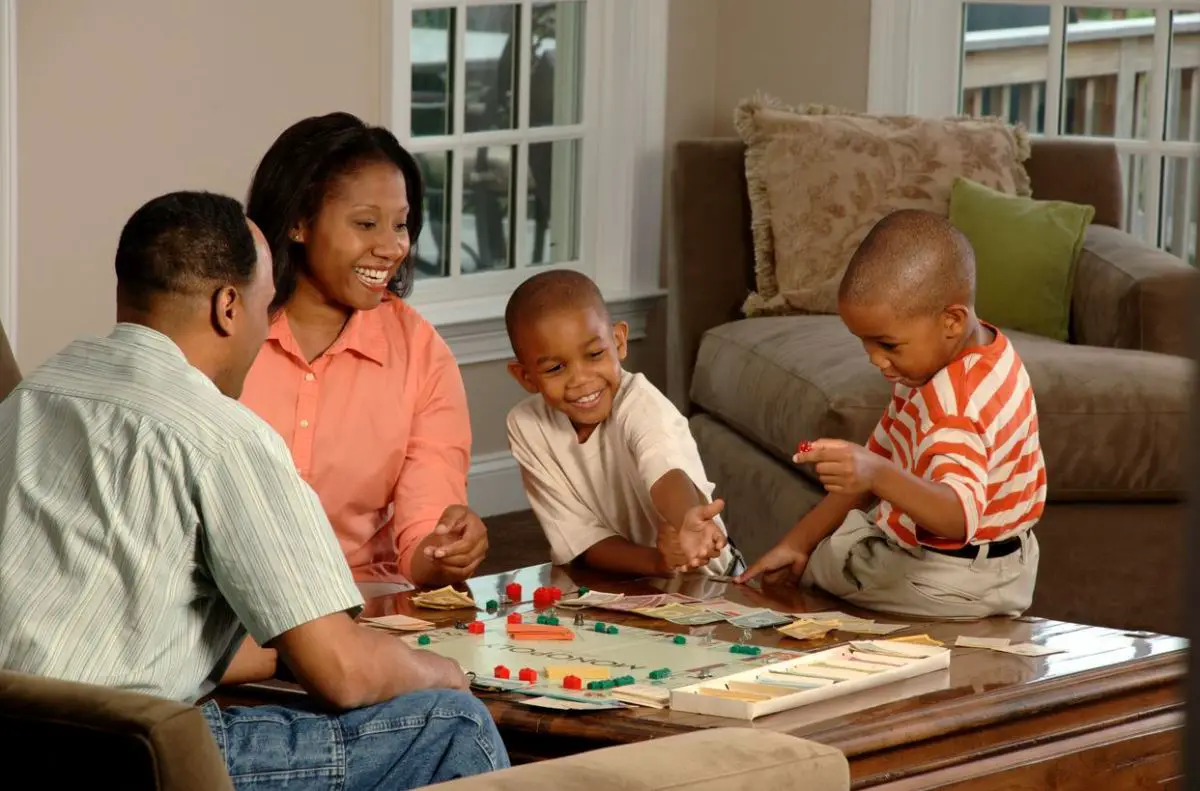


African American baby names come in all shapes and sizes and vary from beautiful, traditional names, full of history and meaning – to the downright ridiculous. The problem is the extreme variety of African American names available and the possible reasons for choosing them.
Probably more than any other group in the US, African American parents are faced with several dilemmas when choosing baby names. Should they, for example, try to reflect a deep and strong cultural heritage, by choosing an African name? African names are drawn from a massive range of languages and cultures, from Bintu to Ethiopian, from Swahili to South African. And since northern Africa is largely Muslim, should an African-American parent choose an Arabic or Muslim name?
Even non-Muslim African-Americans sometimes use Arabic names, either in their original form or as the basis for a variation. For example, Kadeem is an Arabic name (meaning servant) which has proved quite popular for African-American males, helped by the popularity of African-American actor Kadeem Hardison. Jamal is another very popular African American baby name which is actually an Arabic name, meaning “Pretty.”
A lot of African-American names are derivatives of African names, or sometimes just “African-sounding.” But the problem is that African-American baby names can also “stigmatise” the owner in the wider world. There is a famous scene in the movie “Coach Carter” when a pregnant teenage African American girl is asked what she plans to name her baby. She replies "Loquisha" and her friend says “Well, she might as well have the name 'Food Stamps."” The message is crystal clear - Loquisha is a "black" name and – because names can have a powerful impact on destiny – the baby is probably going to struggle in later life.
This is why one of the other really big dilemmas for African American parents is whether they have a responsibility to give their child an advantage by giving them a White-sounding name, outweighing the cultural considerations and/or immediate social niceties of choosing one that may sound more cultural, or have a more African root.
This dilemma has often been the subject of many debates. Studies have proven that there a a lot of names that will be automatically assumed to be borne by a Black person, with the attendant prejudices that these assumptions may bring.
But why do many African American parents go for particular types of baby names, especially when naming their baby girls? Azizi Powell, founder of Alafia Cultural Services, a Pittsburgh-based nonprofit organization that develops programs and products to increase awareness and appreciation of African-American culture, writes, "It's traditional for black folks in the United States to use prefixes and suffixes to create an infinite number of unique personal names for females." Powell says the prefixes La- and Sha- are most popular and points to names such as Lashawn, Lashonda, and Latifah; Shaday, Shawnda, and Shamika. Common suffixes include -isha or -esha, with names such as Latisha, Tanisha and Moesha.
The debates rage on about these types of African-American baby names. Scholars stress that it’s not that actual names themselves that create problems; it’s actually the communities where these children live and grow, that creates barriers to achievements in later life. Whatever the truth of the matter, its clear that, despite (or perhaps because of) the many dilemmas that have to be faced when choosing African American baby names, the sheer variety and adventurousness of African-American baby names will continue to add to the rich tapestry of American social change for many generations.
Note: Please also check your spam or junk email folder.